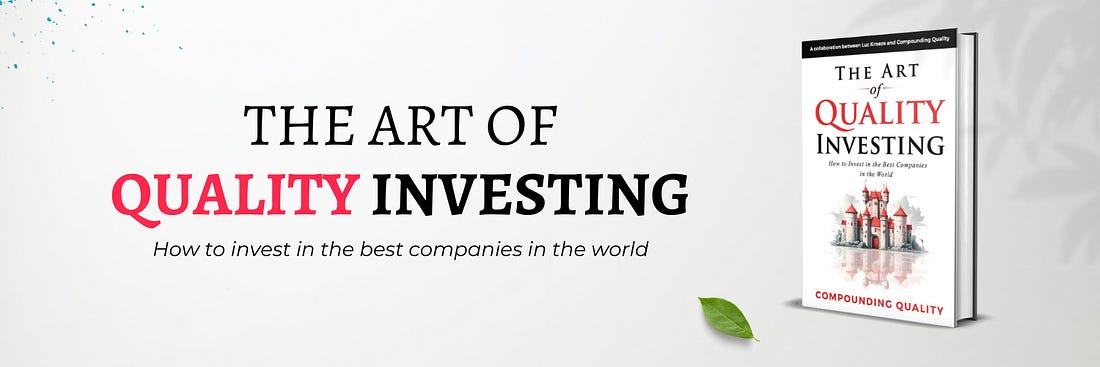|
 |
A hidden cost most investors overlook? Stock-Based Compensation
It’s a Trojan Horse that quietly lowers your investment returns.
In this article, I’ll teach you how to avoid becoming a victim.
Cannibal stocks
A Cannibal is a business that ‘eats’ or buys back its shares. They can be very attractive investments.
The reasoning? In the long run, stocks always follow Earnings Per Share (EPS).
EPS = Earnings / Total Shares OutstandingThe only ways to improve EPS are to grow Earnings or reduce the Total Shares Outstanding.
A great cannibal does both.
Let’s take a look at O’Reilly Automotive as an example.
 |
This is the kind of chart I dream about at night.
O’Reilly is buying back its shares while increasing Net Income at the same time.
The result? An average return of 20.2% over the past 10 years.
This means $10,000 invested in O’Reilly would now be worth $62,900.
Here’s a list of interesting Cannibal Stocks according to Mohnish Pabrai:
Companies that stand out to me? AutoZone, DaVita, O’Reilly Automotive, Lowe’s, Wendy’s, RH, Nike, Visa, and Northrop Gruman.
Your worst enemy
But what if the Total Shares Outstanding would increase?
That’s exactly what Stock-Based Compensation (SBC) does.
As the name suggests, SBC is compensation based on stocks.
It allows companies to pay employees with stock instead of cash.
The problem with this is dilution. When more shares are issued, your ownership stake shrinks.
"Stock-based compensation' is the best example. The very name says it all: 'compensation'. If compensation isn't an expense, what is it?" - Warren BuffettTo avoid too much dilution, we always use these two rules:
Stock-Based Compensation as a % of Net Income should be lower than 10%
Avg. SBC as a % of Net Income past 5 years should be lower than 10% too
Let’s take a look at an example.
Snap Inc. ($SNAP)
As you can see, Snap is repurchasing shares frequently:


